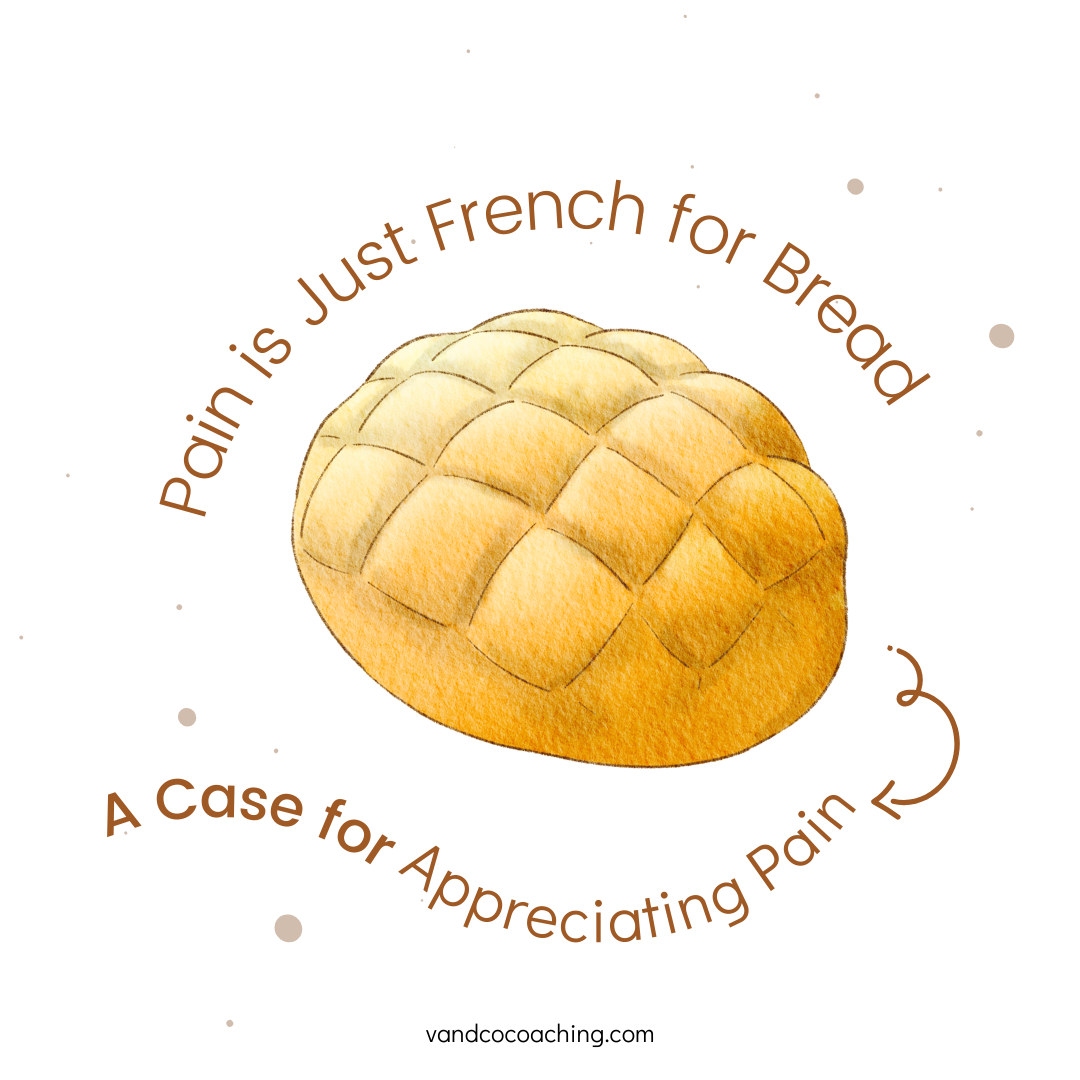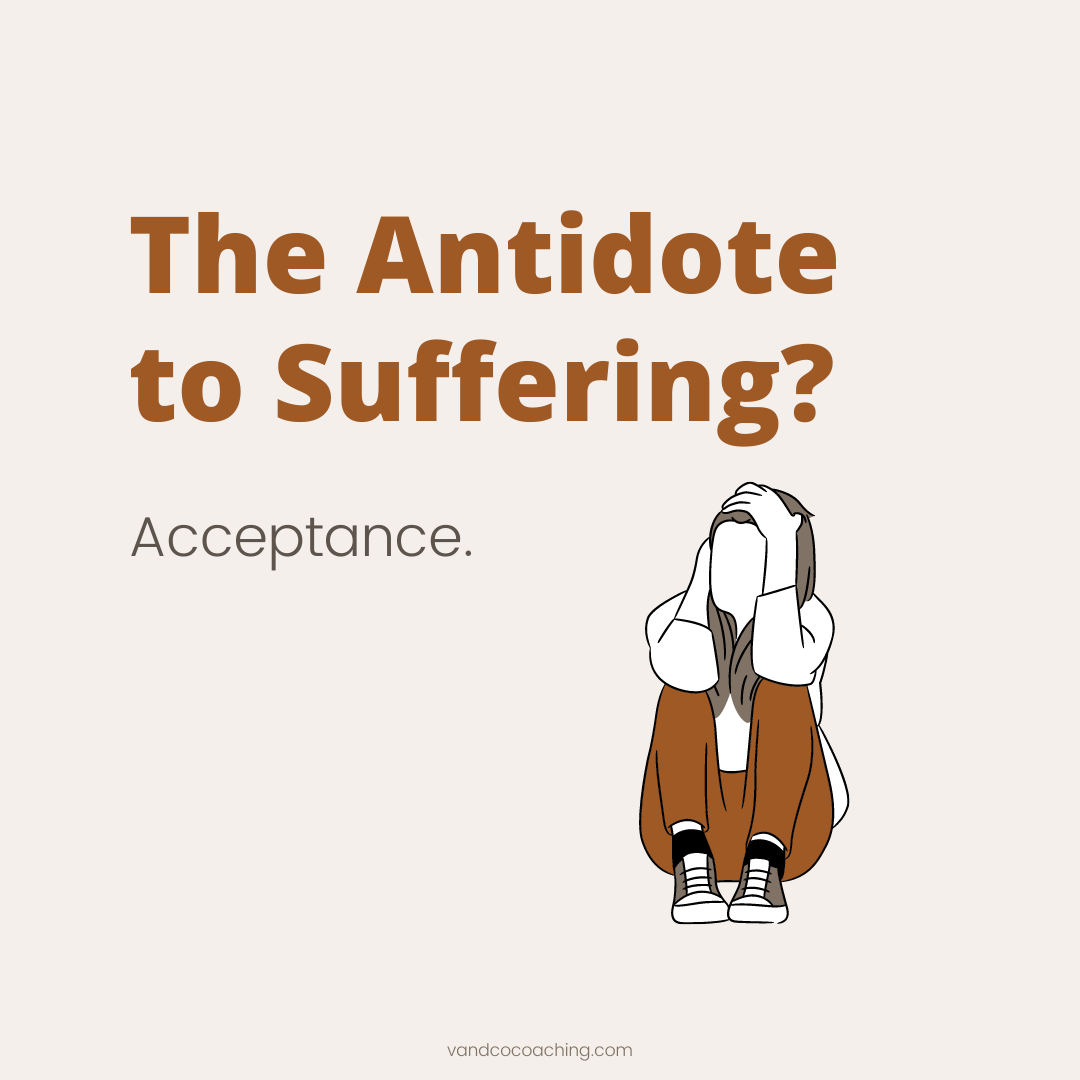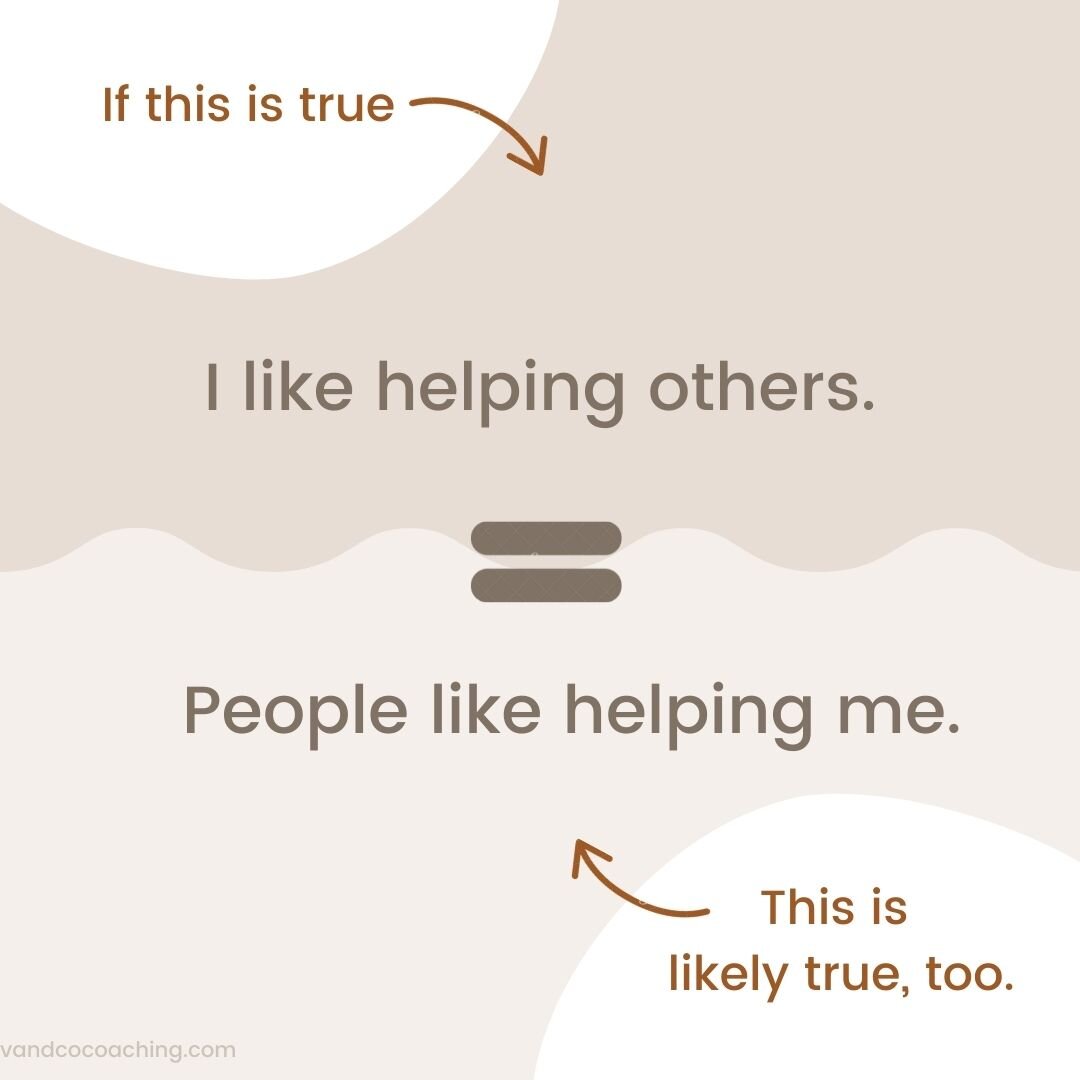Willpower Not Required: How Self-Compassion Can Silence Your Inner Critic
I was well into adulthood before being gifted my first pair of kitchen shears. They had seemed like a redundant addition to my small NYC apartment - didn't I already have scissors? But, by storing them within arm's reach in the kitchen, this tool revealed its true utility. Now I use them for everything: snipping fresh herbs, cutting irksome vacuum-sealed packages, snipping a guilty-pleasure block of Top Ramen mid-boil. Why had I been so anti-shear?
Where I’m going with this is that sometimes our greatest tools are hidden in plain sight. With a little discovery, we can figure out how to use them, and soon we won’t be able to go without them. Enter self-compassion. If you think you don’t need it, think again. Self-compassion is the kitchen shears of opening the door to success and well-being. Now, let’s cut this open and unpack.
What is Self Compassion?
Self-compassion is giving yourself the grace to feel and accept your emotions during disappointing moments, being kind to yourself rather than harsh, and recognizing that you're only human. Quite simply, self-compassion is treating yourself the way you'd treat your best friend. There is something innate about comforting a friend in crisis. We’re outraged on their behalf when they don't recognize their exceptional qualities amidst a self-deprecating spiral. We spout, “Of course, you’re good enough, this moment will not define you, this happens to everyone, who said you have to be perfect?” But how often do we speak to ourselves in this way? Why do we need to call our friends for this confirmation, and why do they need to call us? This is where the inner critic comes in—a pervasive voice that undermines self-worth and perpetuates self-criticism.
Balancing the Inner Critic
Curiously, nearly 100% of my clients are practically revolted by the idea of self-compassion. They often think they need their inner critic to drive themselves forward. High-achieving individuals often get caught in the trap of relentless self-criticism, believing that it’s the only way to maintain their drive and productivity.
For example, my client Elsa didn't believe reaching the Director level was possible for her. She felt "behind" after a few years of being on a project that didn't play to her strengths, and she disengaged to focus on her personal life. She said her inner critic felt like a mean older sister living inside her - this older sister wants to achieve and believes you have to be unrelenting to do so. She also has an "inner little sister" who is more well-rounded and sees the big picture but feels bullied by her inner big sister. She recognized that by embracing a more forgiving, understanding stance toward herself, she could balance these two inner voices to find a healthier, more sustainable path forward.
Concept - You Don’t Need to Call Your Friend, You Can Call on Yourself
We often forget our strengths in moments of weakness, becoming our harshest critics. Yet, we have the potential to be our greatest cheerleaders. Practicing self-compassion can help us strike this balance. While it might initially feel strange to have to make an effort to treat yourself like a dear friend, the benefits are well worth it. Engaging in self-compassionate behaviors helps us forgive ourselves and move on more productively, rather than getting stuck in self-criticism. Research even suggests that self-compassionate individuals tend to feel more authentic and genuine in their daily lives. By embracing self-compassion, you not only enhance your well-being but also unlock a more resilient and authentic version of yourself.
Understanding Compassion to Understand Self-Compassion
Practicing self-compassion is simply an act of practicing compassion for ourselves. To understand self-compassion, it’s appropriate to look at it through the lens of compassion. Dr. Kristin Neff identified three main elements of compassion: mindfulness, common humanity, and kindness. Breaking it down:
Mindfulness: be present and aware of your feelings. In order to express self-compassion one needs to know when it's due. Notice the struggle, and recognize when you have uncomfortable feelings.
Common Humanity: Difficult emotions are part of the human experience. Suffering, pain, disillusionment, etc. Realize these emotions exist as part of a larger human experience ripe with more positive-feeling emotions, too.
Kindness: This is the reaction. Reacting with compassion means channeling kindness, and understanding for the situation and the individual experiencing it. Once you are mindful of the emotion you are experiencing and acknowledge the common humanity of the situation, react with kindness.
Self-compassion: The Sustainable Choice
Many of us believe success requires relentless self-criticism and willpower. We think promotions come from long hours and toil, or that exams are aced through sheer determination. While this intense work ethic can lead to short-term gains, it often brings unattainable perfectionism. Pushing ourselves to the limit may seem like the path to success, but it actually stifles growth. Hyperfocusing on small mistakes can overwhelm our ambition and prevent us from reaching our potential.
Self-compassion fosters a growth mindset. Those with a growth mindset see themselves as adaptable and capable of improvement. In contrast, constantly listening to our inner critic can harm our self-perception and hinder development. By practicing self-compassion, we create a more sustainable and productive path to success.
Rise Above Your Inner-Critic
This type of self-work and reflection is always easier said than done. These tips make the work of self-compassion more attainable in your everyday life.
Reframe Negative Thoughts: When you catch yourself being harsh, pause and reframe these thoughts. Ask yourself, “Would I say this to a friend?” Replace negative self-talk with kinder, more supportive language.
Use Compassionate Phrases: Incorporate phrases like, “It’s okay to make mistakes,” or “I’m doing the best I can,” to remind yourself that imperfection is part of being human.
Counter with Facts: When the inner critic surfaces, counter it with factual statements and positive affirmations. Remind yourself of your strengths and how far you’ve come.
Self-Compassion Meditation: Dr. Kristen Neff offers guided meditations specifically designed to cultivate self-compassion. Try integrating these into your routine to develop a more compassionate mindset.
Self-compassion Letter: Write yourself a letter in the third person, as if to a dear friend, to give yourself grace in a difficult time.
By integrating these practical tips into your life, you can harness the transformative power of self-compassion. Remember, self-compassion is not about lowering your standards or avoiding challenges; it’s about approaching your goals and setbacks with kindness and understanding. This balanced approach not only enhances your well-being but also empowers you to achieve sustainable success.
New Fave Tool in Your Life Toolkit - Self-Compassion
Self-compassion, like those kitchen shears, may have been hiding in plain sight all along, waiting to be discovered and utilized to its fullest potential. By recognizing its value and integrating it into our lives, we can cut through the negativity of self-criticism and cultivate a healthier, more balanced approach to our personal and professional challenges. Remember, treating ourselves with the same kindness and understanding we offer to our friends isn't just beneficial—it's essential. Embrace self-compassion, and watch as it transforms your journey, fostering growth, resilience, well-being, and a deeper comfort with yourself. Just as I now can't imagine my kitchen without my trusty shears, you might soon find that self-compassion becomes an indispensable part of your life's toolkit.
















